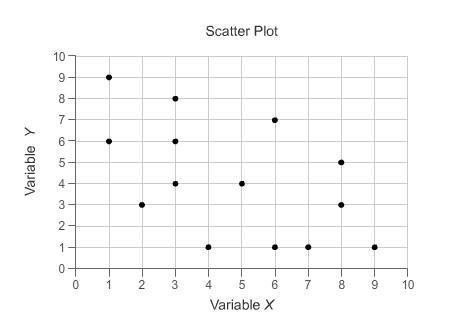Which of the following are true? if false, explain briefly.
a) if the null hypothesis is tru...

Mathematics, 22.11.2019 21:31 jonathansheehan26
Which of the following are true? if false, explain briefly.
a) if the null hypothesis is true, you'll get a high p-value.
b) if the null hypothesis is true, a p-value of 0.01 will occur about 1% of the time.
c) a p-value of 0.90 means that the null hypothesis has a good chance of being true.
d) a p-value of 0.90 is strong evidence that the null hypothesis is true.
a) choose the correct answer below.
a. true.
b. false. a true null hypothesis will result in a small p-value.
c. false. whether the null hypothesis is true has no effect on the p-value.
d. false. the p-value is about the data, not the hypothesis. it's likely that you'll get a reasonably high p-value, but it's not guaranteed.

Answers: 2


Other questions on the subject: Mathematics

Mathematics, 21.06.2019 17:30, ahnagoede2768
Thelime contains the point(-3,0) and parallel x-3y=3( show all work)
Answers: 3

Mathematics, 21.06.2019 18:30, natjojo0512
The monetary value earned for selling goods or services to customers is called a.) revenue b.) assets c.) money d.) accounting
Answers: 2

Mathematics, 21.06.2019 18:30, monyeemonyee12
Find the area of a parallelogram with base 15 yards and height 21 2/3
Answers: 1

Mathematics, 21.06.2019 22:00, ihatedevin12
If abcde is reflected over the x-axis and then translated 3 units left, what are the new coordinates d?
Answers: 3
You know the right answer?
Questions in other subjects:


Mathematics, 10.03.2020 00:03

Mathematics, 10.03.2020 00:03

English, 10.03.2020 00:03










